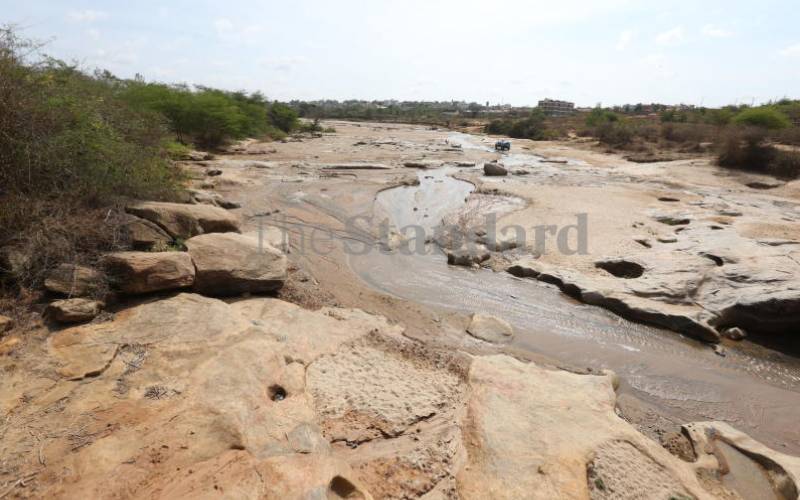×
The Standard e-Paper
Smart Minds Choose Us

The global community is currently confronting unprecedented challenges presented by extreme climate conditions coming in the backdrop of the Covid-19 pandemic.
The effects of climate change such as droughts, floods, food, and health insecurity also have a potential threat to national security and global peace. Climate-induced conflicts such as in Laikipia, Baringo, Marsabit, and Samburu counties should inform the government’s national agenda and prioritise climate change as a key element of the National Security Council.